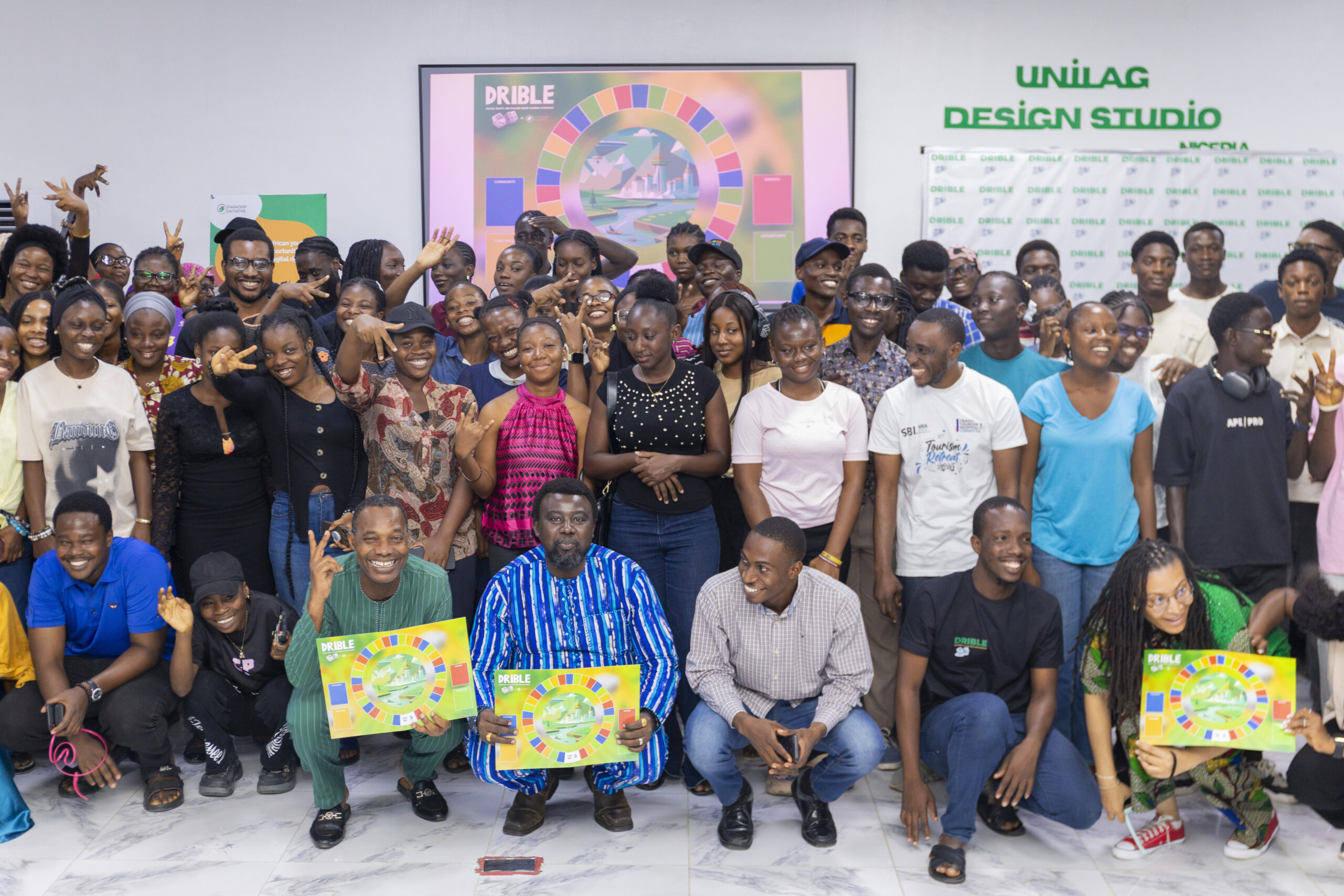Telecom
Salesforce Unveils Einstein Service Agent an Autonomous AI Agent which would Revolutionise Chatbot Experiences

Salesforce on Friday announced Salesforce’s first fully autonomous AI agent. Einstein Service Agent makes conventional chatbots obsolete with its ability to understand and take action on a broad range of service issues without preprogrammed scenarios, helping make customer service far more efficient.

Unlike traditional chatbots — which can only handle specific queries that have been explicitly programmed into their system and don’t understand context or nuance — Einstein Service Agent is intelligent and dynamic. Built on the Einstein 1 Platform, Einstein Service Agent interacts with large language models (LLMs) by analysing the full context of the customer’s message and then autonomously determining the next actions to take.
It uses generative AI to create conversational responses — grounding its responses in a company’s trusted business data, including Salesforce CRM data — tailored to a company’s brand voice, tone, and guidelines with a few clicks. For service organisations, this means they can offload a large number of tedious inquiries that bog down their productivity so they can focus on tasks that require a human touch. For customers, this means they get the answers they need much faster because they no longer need to wait for human agents.
Einstein Service Agent is standing ready 24/7 to communicate with customers in natural language, respond across self-service portals and messaging channels, and perform tasks proactively while operating within clear guardrails that companies can define using the Einstein 1 Platform. And when more complicated, high-touch issues arise, requiring escalation to a human worker based on the parameters set by the company, Einstein Service Agent performs the handoff quickly and easily.
Currently in pilot and generally available later this year, Einstein Service Agent can be set up in minutes with user-friendly interfaces, pre-built templates, and low-code actions and workflows.
“Salesforce is delivering a future where human and digital agents join forces to improve the customer experience,” said Linda Saunders, Head Solution Engineering for Africa. “Einstein Service Agent, our first fully autonomous AI agent, will not just complete service jobs on its own; it will augment how human agents work and completely transform how service teams operate, making them far more efficient and productive. We are reimagining customer service for the AI era.”
Studies show most companies use chatbots today, but 81% of customers would rather wait to speak to a live agent because the current generation of chatbots aren’t meeting their expectations and the experience can be frustrating. Yet, 61% of customers say they’d rather use self-service to resolve simple issues, underscoring an opportunity and need to deliver more intelligent, autonomous agents powered by generative AI.
Einstein Service Agent has fluid, intelligent conversations with customers. It uses its reasoning engine to interpret and process information to provide answers and solve problems for customers. The advanced reasoning engine interacts with LLMs by analysing the full context of the customer’s input to understand their intent, drawing logical inferences from the data, and connecting various pieces of information to determine the right set of actions to take.
Einstein Service Agent executes those actions and uses generative AI to create responses that align with a company’s brand voice, tone, and guidelines.
Einstein Service Agent grounds its responses in a company’s trusted business data, including Salesforce CRM data. Using Data Cloud and Unified Knowledge, companies can even integrate data and knowledge from third-party systems, like SharePoint, Confluence, Google Drive, and company websites and files, to help Einstein Service Agent generate accurate responses that are personalised to every customer’s specific needs and preferences.
Einstein Service Agent is built on the Einstein 1 Platform and leverages the Einstein Trust Layer to perform functions like masking personally identifiable information (PII) and defining clear parameters and guardrails for Einstein Service Agent to follow.
Einstein Service Agent doesn’t require thousands of lengthy structured dialogues for setup. It can be turned on in minutes with its out-of-the-box templates, Salesforce components, and an LLM. Companies can even reuse existing Salesforce objects, like flows, Apex code, and prompts, to equip Einstein Service Agent with skills faster and create custom actions that are specific to their business needs using a low-code builder and natural language instructions to save time and money.
Einstein Service Agent can assist customers anytime across self-service portals and messaging channels, like WhatsApp, Apple Messages for Business, Facebook Messenger, and SMS. Because Einstein Service Agent understands text, images, video, and audio, customers can send photos when their issue is too difficult to explain in words.
If an inquiry is off topic or falls outside of Einstein Service Agent’s scope, it will easily transfer the conversation to a human agent using Service Cloud. The human agent will have full context of the conversation and can pick up where Einstein Service Agent left off without asking the customer to repeat themselves.
Telecom
MTN’s ₦31.75Bn Investment in Health Lauded at Arthur Mbanefo Lecture

MTN Foundation has been spotlighted as a model for private sector-driven healthcare development in Nigeria, following commendations at the 6th Arthur Mbanefo Lecture held at the University of Lagos, Akoka.

Themed “A Healthy Nation is a Wealthy Nation: The Role of Impact Investments and Sustainable Financing in Nigeria,” the lecture featured Dr. Tolulope Adewole, Managing Director of NSIA Advanced Medical Services Limited (MedServe), as keynote speaker.
Dr. Adewole praised the Foundation’s strategic investments, noting that MTN commits 1% of its profit after tax annually to development sectors. “They’ve invested ₦31.75 billion, reaching over 32 million Nigerians. Though only 25% went to health, it accounted for 51% of all lives impacted. That’s catalytic,” he said.
He cited MTN’s dialysis centre programme as a transformative intervention for patients with kidney disease, and highlighted community-focused initiatives like the Y’ello Doctor mobile scheme and ‘What Can We Do Together’ (WCWDT) programme, which revitalised 164 Primary Healthcare Centres, including 44 in 2024 alone.
Executive Director of MTN Foundation, Odunayo Sanya, reflected on the COVID-19 pandemic’s exposure of systemic health vulnerabilities. “When COVID hit, we realised a health emergency is also an economic and social emergency,” she said.
Sanya revealed that of the 52 PHCs remodeled in 2024, only one had clean water. “I’m not a doctor, but I know you can’t live a good life without clean water,” she added, reaffirming the Foundation’s commitment to bridging healthcare gaps in underserved communities.
Telecom
PIN to Empower 20 Million Youths with New Digital Rights Board Game

Hundreds of university students across Africa are set to benefit from a new gamified learning experience on digital rights and inclusion launched by the leading pan-African non-profit organisation, Paradigm Initiative (PIN).

The Digital Rights and Inclusion Board Learning Experience (DRIBLE) is a game developed by Paradigm Initiative with support from the Open Society Foundations (OSF). The custom-designed board game provides young individuals with a fun and engaging entry point into digital rights and inclusion conversations, training sessions and storytelling tools.
The board game aims to build digital literacy, deepen understanding of online safety, and introduce young individuals to the organisation’s tools of impact. Currently being piloted in three universities: University of Lagos, Nigeria, the Catholic University of Eastern Africa (CUEA) in Nairobi, Kenya and the Dakar American University of Science and Technology (DAUST) in Dakar, Senegal, it will enhance interactions and create a holistic experience.
Speaking at the event launch at the University of Lagos, Nigeria, ‘Gbenga Sesan, Paradigm Initiative’s Executive Director, said: “PIN’s vision is to reach 20 million people through our Digital Inclusion and Digital Rights interventions. From Lagos, to Dakar, to Nairobi.. we will use the vehicle of our new Digital Rights and Inclusion Board Learning Experience (DRIBLE) which entails using gamification, training, multimedia materials, tools and other interventions to connect African youth with digital opportunities and protect their digital rights.”
‘Gbenga gave the keynote address on “Digital inclusion at PIN, our Past, Present and Future” and Nnenna Paul-Ugochukwu, the organisation’s Chief Operating Officer, said the goal of the learning experience would be instrumental in raising awareness of digital rights among the youth, building their capacity to address digital rights and inclusion issues in their communities. Prof. Olunifesi Adekunle Suraj shared a goodwill message with the students and other stakeholders.
Paradigm Initiative, which has been operational since 2007, started in a tiny cybercafe in Ajegunle, Lagos, Nigeria. Today, the organisation has expanded its wings to cover six African countries; Cameroon, Kenya, Nigeria, Senegal, Zambia and Zimbabwe, impacting the livelihoods of over 150,000 young Africans.
The launch of DRIBLE builds on the progress the organisation has made over the years in tackling the challenge of digital exclusion across Africa.
Paradigm Initiative’s tools of impact include Ripoti, a platform that enables individuals to report digital rights violations, Ayeta, a platform that provides digital security resources for stakeholders, more so human rights activists, defenders, journalists and other vulnerable groups, and the organisation’s latest short film, Whispers in the Wires.
Targeted at students, PIN rolled out a Campus Tour in the three universities on the continent starting July 15th, 2025.
Telecom
Meta Cracks Down on Fake Accounts, Deletes 10m Profiles

Meta, the parent company of Facebook, has intensified its crackdown on fake accounts and spam, announcing it removed over 10 million fake profiles and roughly 500,000 spam accounts in the first half of 2025.

The sweeping purge is part of Meta’s broader effort to combat impersonation, fake engagement, and content duplication, aiming to elevate authentic creators and improve the quality of content across its platforms.
In a blog post, Meta said: “We’re making progress. In the first half of 2025, we took action on around 500,000 accounts engaged in spammy behaviour or fake engagement. We also removed about 10 million profiles impersonating large content producers.”
Meta stressed that accounts which primarily repost or recycle content without meaningful edits will face penalties such as reduced reach and the loss of monetisation tools.
The company also warned that repeatedly sharing unoriginal content — whether videos, photos, or text — undermines the platform’s integrity by crowding out genuine voices and making it harder for new creators to grow.
To support authentic creators, Meta is rolling out new tools that automatically trace reposted content back to its original source. The company says this will help ensure rightful credit and give higher visibility to original posts.
“Pages and profiles that post mostly original content tend to enjoy wider distribution across Facebook. Simply stitching clips together or adding a watermark will no longer count as meaningful editing. Content that provides real value and tells an authentic story is likely to perform better,” Meta explained.
Creators are also being cautioned against uploading content that includes watermarks from other platforms. Such posts could see their reach restricted or lose monetisation privileges altogether.
As part of its latest update, Meta introduced post-level insights on the Professional Dashboard, allowing creators to monitor how individual posts perform. They can also check their Support Home screen to see if their content or earnings are facing restrictions.
In a parallel development, Google’s YouTube updated its monetisation guidelines, stating that content deemed mass-produced or excessively repetitive will no longer qualify for ad revenue. The announcement initially sparked concern among creators, who feared it was a blanket ban on AI-generated content. YouTube later clarified:
“We welcome creators using AI tools to enhance their storytelling, and channels that use AI in their content remain eligible to monetise.”
Both tech giants say these new policies are aimed at raising content standards and safeguarding genuine creators in a crowded and rapidly evolving digital landscape.

 Telecom3 days ago
Telecom3 days agoNCC Introduces N10m Licence Fee for Bulk SMS Service

 Telecom3 days ago
Telecom3 days agoMTN Nigeria Targets $1Bn Cloud Market with Largest Modular Data Centre

 General News3 days ago
General News3 days agoWoodhall Capital and Partners Launch ₦1.5Bn Fund

 E-Business3 days ago
E-Business3 days agoFirm Highlights Top Risks of Quantum Computing

 E-Financial2 days ago
E-Financial2 days agoZenith Banks Leads as 8 Banks Suffer N156Bn Impairment Charges

 General News3 days ago
General News3 days agoBurna Boy Distances Himself from Meme Coin, Labels Crypto as Fraud

 Telecom3 days ago
Telecom3 days agoPAT Taps Osi as CEO

 E-Financial3 days ago
E-Financial3 days agoAfrica Launches PAPSSCARD, First Pan-African Card Scheme


























